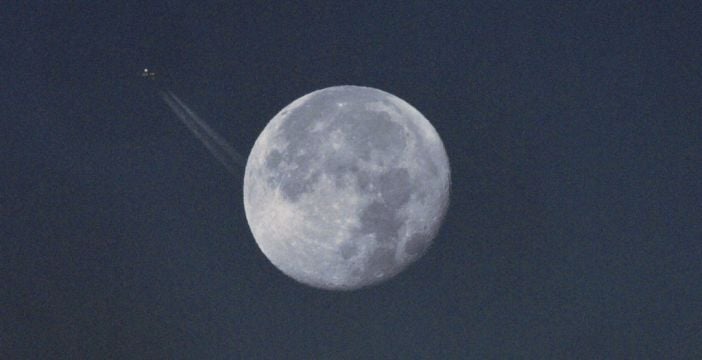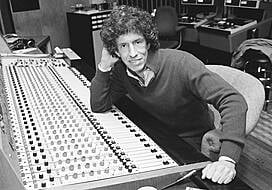An international group of astronomers has joined calls to give the Moon its own clock so that future space missions can keep track of minutes on the celestial body.
The International Astronomical Union voted on Thursday encouraging space organisations across the globe to collaborate on a timekeeping standard for the Moon, where one day lasts 29.5 Earth days.
“That’s the crux of our resolution: to work together to establish this standard time,” US Naval Observatory’s Susan Stewart said this week at the group’s conference in Cape Town, South Africa.
At the core of our endeavor, our mission is unequivocal: Astronomy for a Better World. pic.twitter.com/wTblTOCD8Q
— International Astronomical Union (IAU) (@IAU_org) August 14, 2024
Advertisement
Ms Stewart helped propose the resolution.
The Moon has less gravity compared to Earth, so time ticks by about 58.7 microseconds quicker every day. As more countries and private companies set their sights on future lunar missions, astronomers want to ensure perfect synchrony with a unified clock.
Currently, a Moon mission runs on the time of the nation that is operating the spacecraft.
The European Space Agency pushed last year for the creation of a lunar clock. And earlier this year, the White House directed Nasa and other agencies to cobble together an initial idea by the end of the year with a final plan due by the end of 2026.
Astronomers are still in the early days of determining exactly how lunar time will tick, said Bijunath Patla, a physicist at the National Institute of Standards and Technology.
“I think that the community has realised that this needs to be done,” Mr Patla said. “And this is the beginning.”







